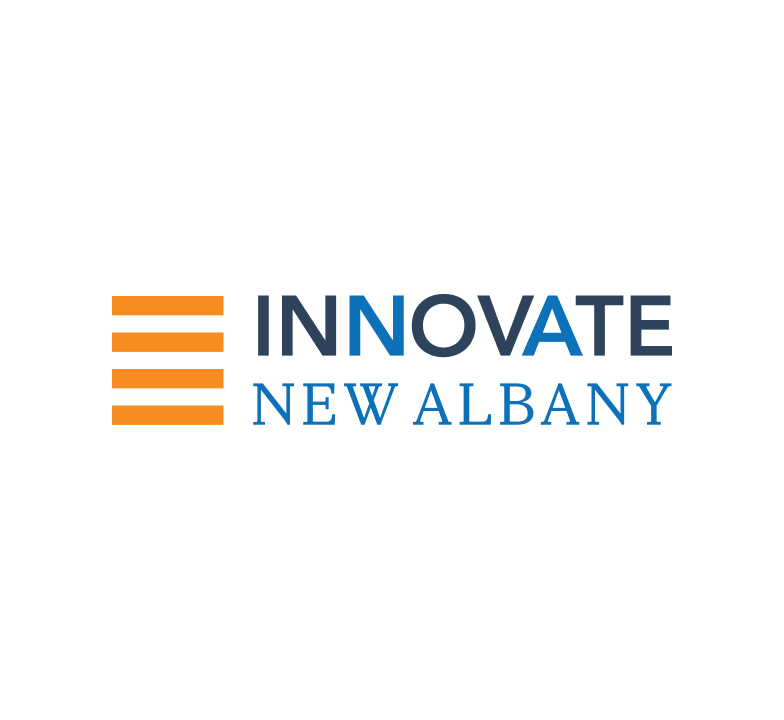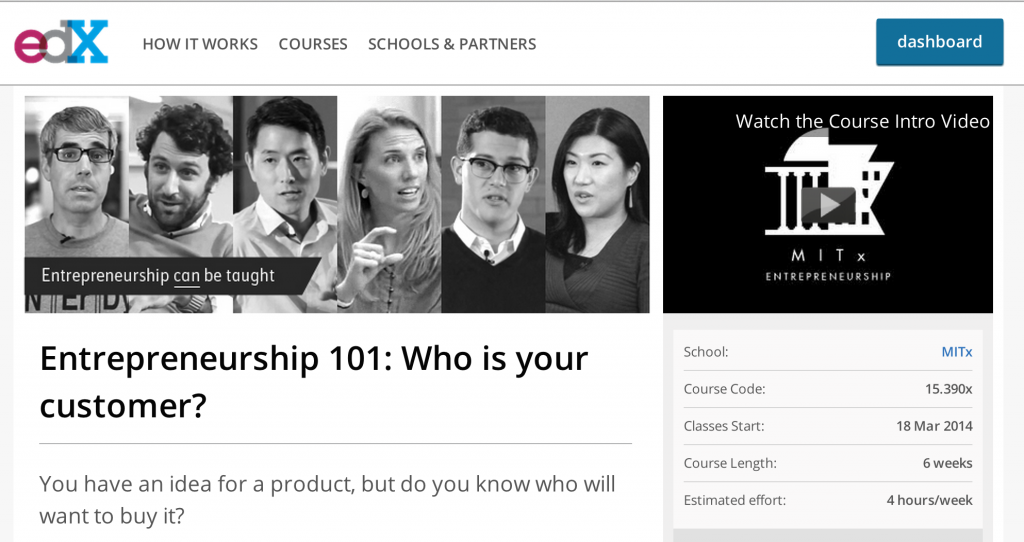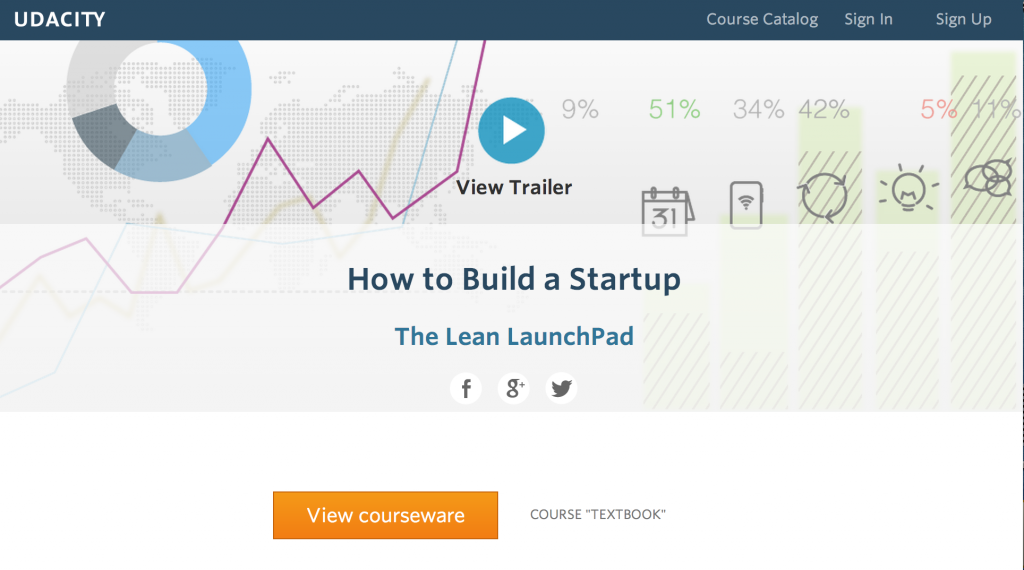Entrepreneurship can be taught, proclaims William Aulet, Managing Director of the Martin Trust Center for MIT Entrepreneurship. Aulet just completed teaching a free, public, online course on edx.org to help budding entrepreneurs learn and practice skills to develop new business opportunities.
Aulet and the Massachusetts Institute of Technology are not alone. Universities such as Stanford, Maryland, North Carolina and Case Western Reserve have sprouted open online courses — for free — to provide tools for entrepreneurs and “intrapreneurs.” More free courses are on the way, and most of them do not require any level of prior education.
What are MOOCs and Who Uses Them?
Massively Open Online Courses, euphemistically referred to as “MOOCs,” are a snowballing disruption in education. Elite institutions boldly have launched courses to the masses at no cost through platforms such as coursera.org and edx.org. Some offer a verified certificate for a modest fee of under $50. Best of all, some of the entrepreneurship programs have become so popular that universities such as Stanford and Maryland repeat their offerings to the public several times per year.
Beginning July 13, 2014, Stanford University will offer for the third time its Technology Entrepreneurship course on novoed.com. Taught by Chuck Eesley, Assistant Professor of Management Science and Engineering at Stanford, the program focuses on having its participants build virtual teams from all over the world and collaborate on developing a business concept. All you need is Internet access.
The University of Maryland just launched its fourth offering for “Developing Innovative Ideas for New Companies: The First Step of Entrepreneurship” on Coursera. James V. Green, DM, Director of Entrepreneurship Education at the University of Maryland’s Technology Enterprise Institute, plans to offer Maryland’s MOOC course on a regular basis. Dr. Green said the University of Maryland launched the free MOOC course in entrepreneurship to test MOOCs as a platform to share knowledge and to test pedagogy in entrepreneurship courses. The MOOC course helped his program develop a new Master of Technology Entrepreneurship that the University of Maryland will offer in the Fall of 2014.
Udacity, founded by Stanford Research Professor Sebatian Thurn, offers “How to Build a Startup,” created by Steve Blank, a seasoned Silicon Valley entrepreneur, Stanford instructor, and author of start-up books such as The Four Steps to the Ephiphany and The Startup Owner’s Manual. The course is available at any time time through Udacity.
Other schools have joined in the frey. The University of North Carolina in collaboration with the Washington University offered “What’s Your Big Idea” on Coursera.org last January. Case Western Reserve University just completed “Beyond Silicon Valley: Growing Entrepreneurship in Transition Economies,” which took a very Midwestern spin on start-ups.
Most of the courses help students understand and find a market, with a focus on identifying customer needs and filling them. “The fundamentals of business is to get paying customers,” preaches Aulet in his MITx course. “So if you have paying customers, you have a business.”
North Carolina’s course applied Peter Druker’s “7 Sources of Innovation” to help brainstorm new business opportunities. Many of the courses teach the use of the Business Model Generation Canvas, an elegant one-page chart to help budding entrepreneurs understand their customers and what they would need to go to market. Dr. Green at Maryland developed his own “Opportunity Analysis Canvas” to help identify and analyze entrepreneurial ideas. Other courses help users develop a pitch for a product idea. Users can view the online lectures, take quizzes and collaborate with their classmates at their own convenience and not during any fixed times.
Is it worth it?
Instructors for these MOOC entrepreneurship courses are confident that they can provide tools to help entrepreneurial ideas take shape. But is entrepreneurship for everyone? “Entrepreneurship may not be for those who are adverse of risk,” quipped Professor Buck Goldstein of the University of North Carolina.
Nevertheless, Professor Goldstein was proud of the success of UNC’s inaugural launch of its entrepreneurship MOOC. His Coursera course drew more than 10,000 active students worldwide. “Essentially they’ll have learned the skills required to take a big idea and get it to the point where they can determine whether it is viable or not,” Prof. Goldstein observed about the program. So, if the entrepreneurial bug is bitting you, the MOOC programs may be a good way to help you explore your future.








